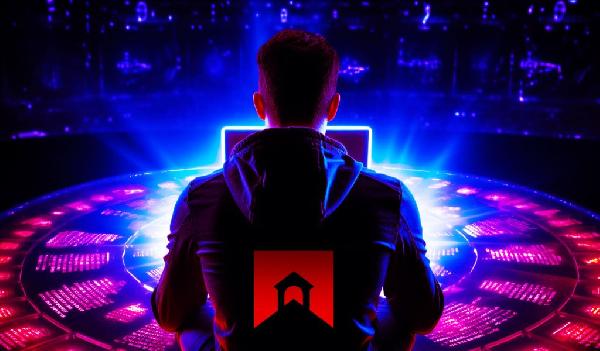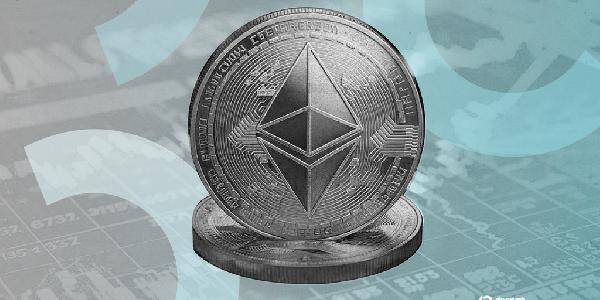Collective Shout issued an open letter to payment processing giants Mastercard, PayPal, and Visa this month to try and convince gaming storefronts to remove titles featuring rape, incest, and child sexual abuse-themed games.
In response, Steam and Itch.io broadly delisted or limited “adult” games on their storefronts—many of which do not feature the aforementioned themes. The removals were met with major uproar from gamers, some of whom opined that leaning on crypto to process payments could be a solution for game creators pushed away from traditional platforms.
However, Collective Shout has now told Decrypt that it has also “discussed” pressuring crypto payment processors that are connected to such games, and may revisit the issue in the future.
The open letter highlighted a graphic rape simulation title called No Mercy, and Collective Shout shared unpublished evidence with Decrypt, pointing to other titles featuring sexual violence and incest.
However, as a result of the pressure campaign, Itch.io has “deindexed” all adult content from its storefront, with Steam similarly removing titles unrelated to Collective Shout’s initial campaign.
“Thirteen of our titles have been shadowbanned despite containing no NSFW content and not being tagged as such,” developer Claire Houck wrote on Bluesky, in response to Itch.io’s announcement. “They ARE tagged [as] LGBT content. Don’t pretend this is only about NSFW works. Why are you censoring queer works?”
A Collective Shout spokeswoman told Decrypt that it did not lobby Itch.io to remove all adult content, only those featuring rape and incest. It’s also worth noting that Itch.io’s sweeping deindexing is part of a review process, and games may be relisted.
The organization issued a similar statement regarding Steam. However, following Steam’s policy change, Collective Shout co-founder Melinda Tankard Reist celebrated on X, branding those angry at the removals as “porn-sick brain-rotted pedo gamer fetishists.”
Since then, a petition against the lobbying of payment providers has gained 182,444 verified signatures. A common comment from campaign supporters is that removing or banning “adult” games is a slippery slope that will disproportionately harm LGBTQ+ communities.
“In America, gun violence is a constant backdrop, yet we trust people to know the difference between a video game and reality. There’s no sweeping censorship there,” licensed marriage and family therapist Moraya Seeger DeGeare told Decrypt. “But when it comes to queer intimacy or kink, suddenly the fear kicks in, and the impulse is to erase. I work with queer couples who met gaming online; this was the only safe space for them.”
The removals came after months of pressure from Collective Shout, which was first applied to the storefronts themselves and apparently ignored. Once the group took aim at their payment processors, it got the desired result—but also reignited the conversation about the downfalls of centralized platforms and traditional payment rails.
“What we’re witnessing are the risks that centralization has always presented, particularly with walled-garden platforms and their reliance on traditional fiat payment networks,” Anthony Palma, head of gaming partnerships and investments at Sui blockchain firm Mysten Labs, told Decrypt. “This is a difficult pill to swallow for game studios, whose livelihoods are being threatened not by the platforms directly, but by their dependencies on external providers.”
Collective Shout defended its targeting of payment processors, claiming that payment processors have “a right to determine what services they will provide for what product.”
“It‘s up to them how they wish to do business,” the organization added.
Palma believes that “crypto-based payment rails” would allow gaming platforms, studios, and developers to accept payments without relying on centralized payment processors. For example, the nudity-fueled social puzzle game Booby Bot allows players to wager the stablecoin USDC in-game without the need to rely on a centralized payment processor like PayPal.
That said, not all crypto games are so decentralized. Booby Bot’s pseudonymous co-creator Krypticrooks told Decrypt that a lot of payment solutions in crypto are still centralized.
For instance, centralized exchange Coinbase offers a tool for businesses to accept USDC via its Commerce service. That’s just one crypto payments solution; there are other centralized options out there, plus the issuers of stablecoins like Tether’s USDT can freeze funds in response to law enforcement requests.
“We discussed as a team briefly [pressuring crypto payment processors],” a Collective Shout spokeswoman told Decrypt, citing its small team as reason for not immediately moving on such a prospect. “It‘s possible sometime in the future we will revisit this idea, which warrants consideration.”
Coinbase and Tether did not immediately respond to Decrypt’s request for comment. This article will be updated with relevant comments if and when received.
This isn’t the first time we’ve seen payment processors pressure companies to remove adult content.
In 2021, OnlyFans announced that it would ban adult material from its site, despite the platform making its fortunes from adult content, as banks blackballed the site. A year prior, Mastercard and Visa said they would block payments on PornHub. These decisions followed lobbying campaigns from evangelical anti-pornography groups Exodus Cry and the National Center on Sexual Exploitation.
OnlyFans quickly reversed its ban, stating that it had “secured assurances necessary to support our diverse creator community.” Steam and Itch.io did not respond to Decrypt’s request for comment when asking for the latest on their adult content bans.
DeGeare said that if groups want to better protect women, they should focus on education rather than fear.
“Let‘s be honest: This isn’t about safety. It’s about shame,” DeGeare told Decrypt. “And shame, paired with isolation, has a proven impact on mental health.”
“When we censor representations of queer relationships or fetish communities, we’re not protecting anyone. We’re deepening loneliness,” she added. “People who are seeking violence will find it, in real life. But people seeking belonging, connection, or healing deserve better than to be erased, or told to hide.”
Your Email








